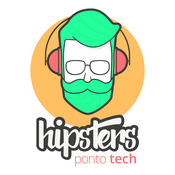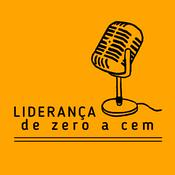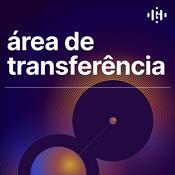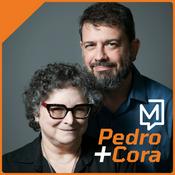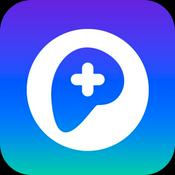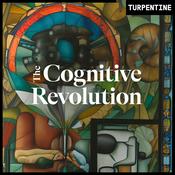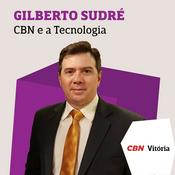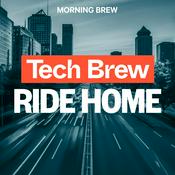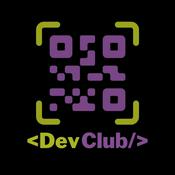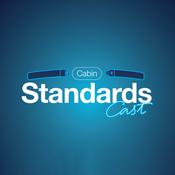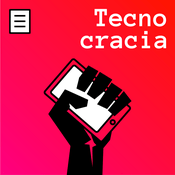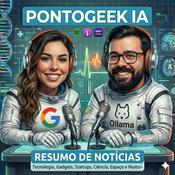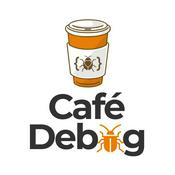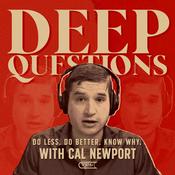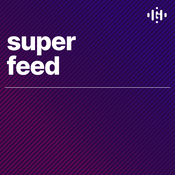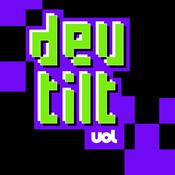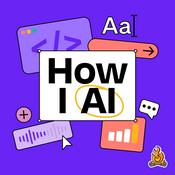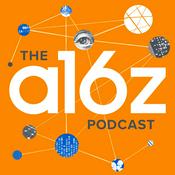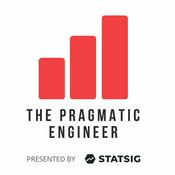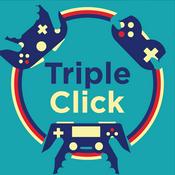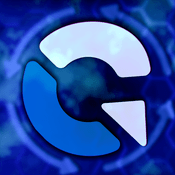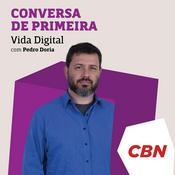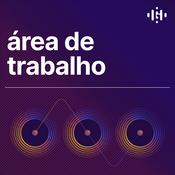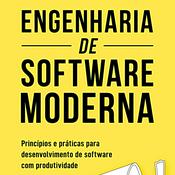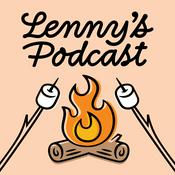84 episódios
- Mark and Adam take a look back at three years of podcasts to reflect on their favorite episodes—and the friends they made along the way. They discus Metamuse’s origin story, walk through the production process, and wax nostalgic on some of their favorite episodes. Plus: a look at what the future holds for our hosts and the podcast.
Discuss this episode in the Muse community
Follow @MuseAppHQ on Twitter
Show notes
NPR
The future of iPad
Ferrite
Hello Internet, Gastropod, Lexicon Valley
This American Life, Gimlet Media
Most downloaded episodes: Computers and creativity with Molly Mielke, Sync, Growing ideas with Andy Matuschak
Mark’s favorite episodes: Local-first software with Martin Kleppmann, Local-first one year later, Hiring, Cities with Devon Zuegel
Adam’s honorable mentions: Progress with Jason Crawford, Rich text with Slim Lim
Metamuse podcast guest handbook
lossless audio
Riverside
Audio editor Mark Lamorgese
Post-producer Jenna Miller
Podcasting Microphones Mega-Review
XLR microphone
pro sound dampening material
RØDE Podcaster
Pop filter, plosives
John Michael Greer - Bittersweet news is the topic of this episode. Adam Wulf and Adam Wiggins discuss the end of an era for Muse, leadership transitions, and what the future holds for Muse 3.0 and beyond.
Discuss this episode in the Muse community
Follow @MuseAppHQ on Twitter
Show notes
An end, and a beginning
Ink & Switch
Adam Wulf
Loose Leaf
Here, File File
prosumer
Industrial research with Peter van Hardenberg
Netlify proxy, Webflow, Hugo
Managing Transitions: Making the Most of Change - Is virtual reality useful for productivity software? Yiliu is the founder of Softspace, a VR/AR tool for thought. He joins Mark and Adam to discuss the human brain and body as inherently spatial systems; the question of whether information is fundamentally 2D; and why social comfort is the biggest challenge facing VR today. Plus: how to avoid a dystopian future.
Discuss this episode in the Muse community
Follow @MuseAppHQ on Twitter
Show notes
Yiliu Shen-Burke @softspaceninja
Softspace
Wim Hof breathing method
Studio Olafur Eliasson
The Brain Maps Out Ideas and Memories Like Spaces
Oculus
Oculus development kit
heads-up display
Scott Greenwald’s Media Lab thesis
Beat Saber
A Beautiful Mind
Softspace demo
force-directed graph
Steven Johnson on DevonThink
Google Glass, Magic Leap, Vision Pro
Supernatural
vergence
history of VR
PlaneVR: Social Acceptability of Virtual Reality for Aeroplane Passengers - Quotes from famous people or books can turn a feeling or a concept into a memorable chunk of text—how can we do the same for our own ideas? Stephan is the CEO of Obsidian, and he joins Mark and Adam to discuss notes as personal memes, the balance between freedom and cohesion in plugins, and why it's so hard to be messy in digital tools. Plus: why “tools for thought” rubs Stephan the wrong way.
Discuss this episode in the Muse community
Follow @MuseAppHQ on Twitter
Show notes
Stephan Ango @kepano @[email protected]
Obsidian
Pillowy Swedish cinnamon rolls using the tangzhong technique
Lumi
Erica Xu, Shida Li
Growing ideas with Andy Matuschak
Evergreen notes turn ideas into objects that you can manipulate
Apple Notes, Apple Journal
Zettelkasten
stream-of-consciousness writing plugin
Obsidian developer docs
Launchers with Thomas Paul Mann
Infinite canvases with Steve Ruiz
Obsidian Canvas
Excalidraw, ExcaliBrain
.canvas format - Planning might have a reputation for being boring, but Adam and Mark believe it can be one of the most exciting moments in your team’s work. They discuss the importance of inspiration and collective knowledge; the musical rhythm of planning cycles; and how to “draw the line” when prioritizing. Plus: the importance of revisiting the plan in times of doubt.
Discuss this episode in the Muse community
Follow @MuseAppHQ on Twitter
Show notes
Muse for Teams beta announcement
Against boring planning
agile methodology
ticket trackers
Gantt charts, burndown charts
Pivotal Tracker
kanban board
Jesper Jørgensen
V2MOM, OKRs
effort to impact chart
Leadership Lessons from Dancing Guy
Amazon’s “working backwards” approach
go slow to go fast
Zoom fatigue
shared knowledge vs common knowledge
Mais podcasts de Tecnologia
Podcasts em tendência em Tecnologia
Sobre Metamuse
Tools for thought, product design, and how to have good ideas.
Site de podcastOuça Metamuse, Hipsters Ponto Tech e muitos outros podcasts de todo o mundo com o aplicativo o radio.net

Obtenha o aplicativo gratuito radio.net
- Guardar rádios e podcasts favoritos
- Transmissão via Wi-Fi ou Bluetooth
- Carplay & Android Audo compatìvel
- E ainda mais funções
Obtenha o aplicativo gratuito radio.net
- Guardar rádios e podcasts favoritos
- Transmissão via Wi-Fi ou Bluetooth
- Carplay & Android Audo compatìvel
- E ainda mais funções


Metamuse
Leia o código,
baixe o aplicativo,
ouça.
baixe o aplicativo,
ouça.

